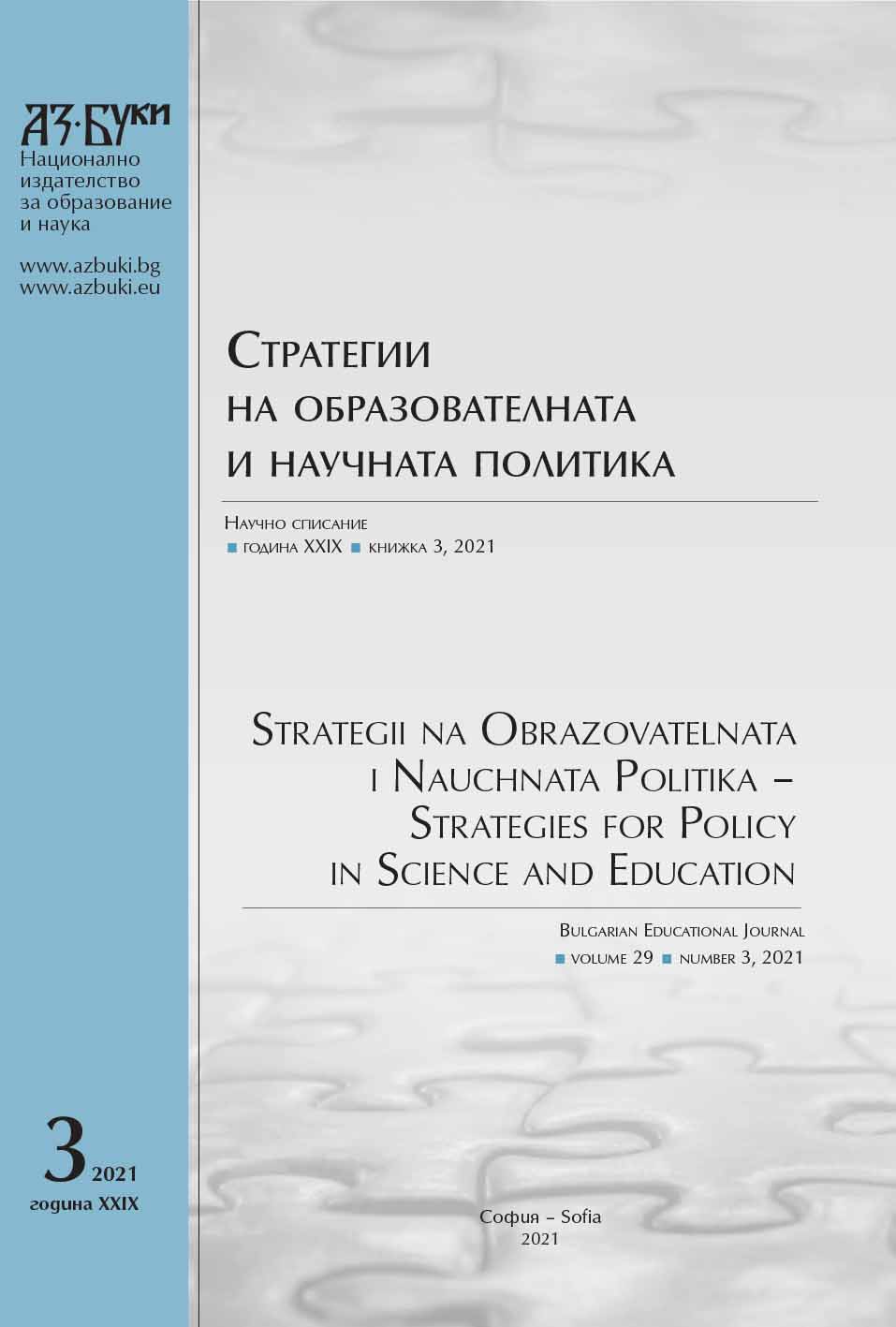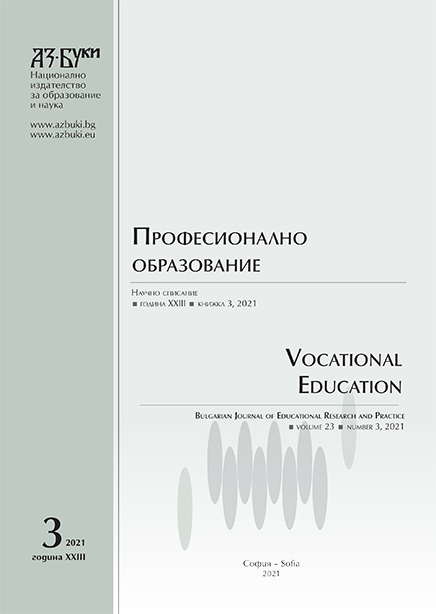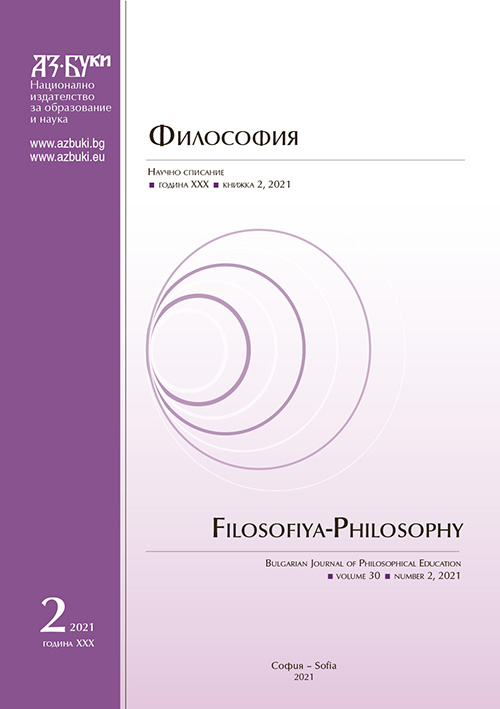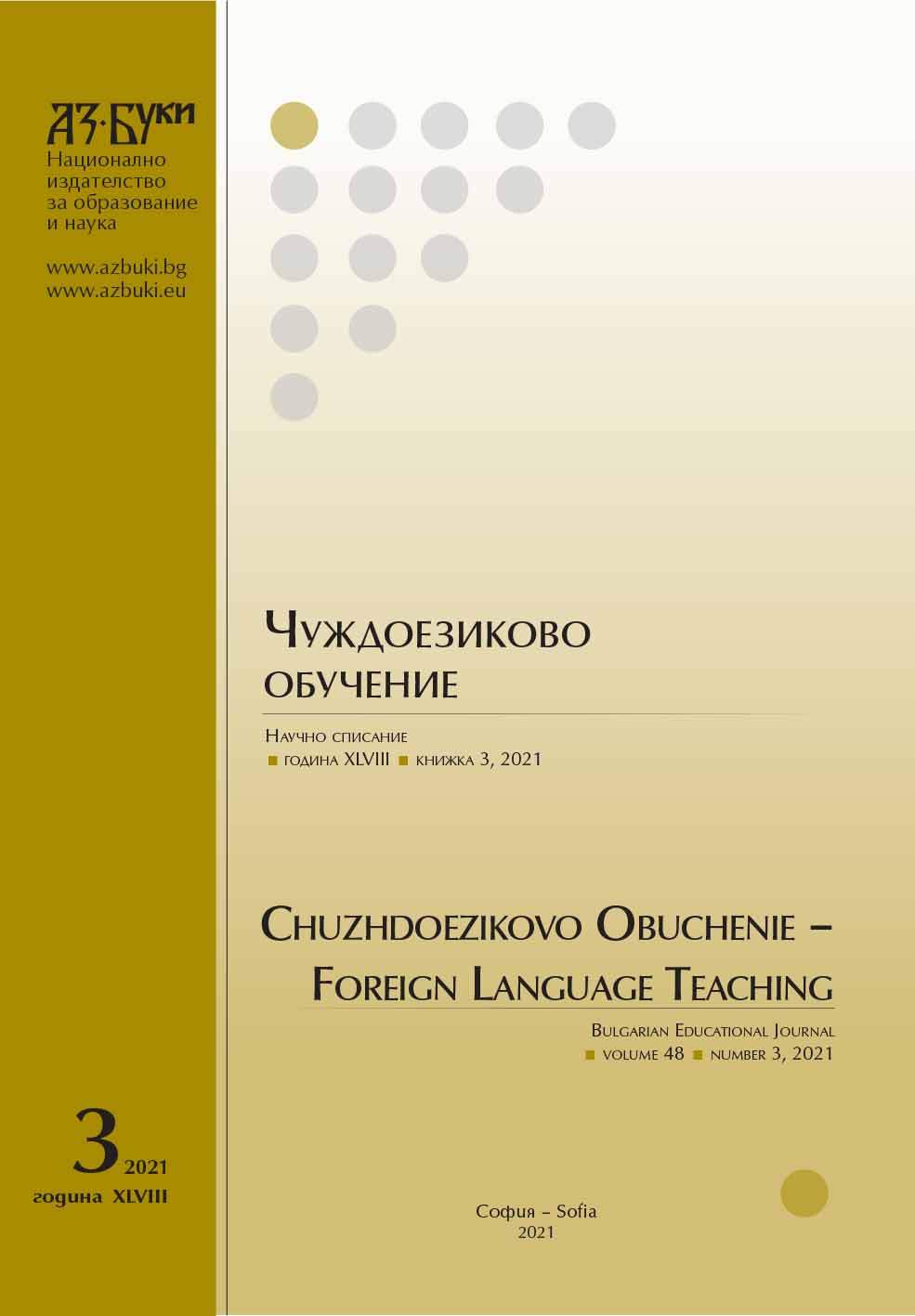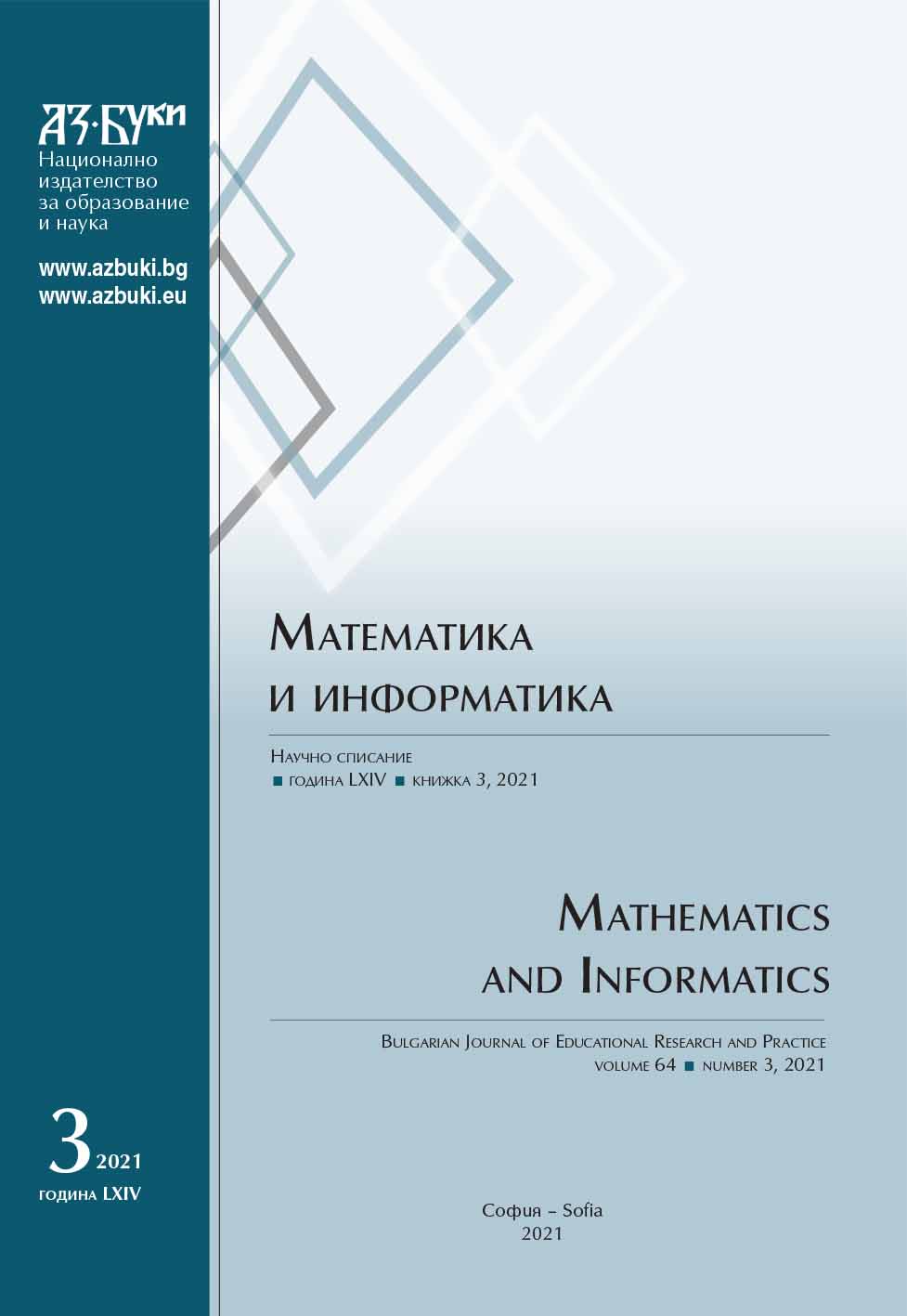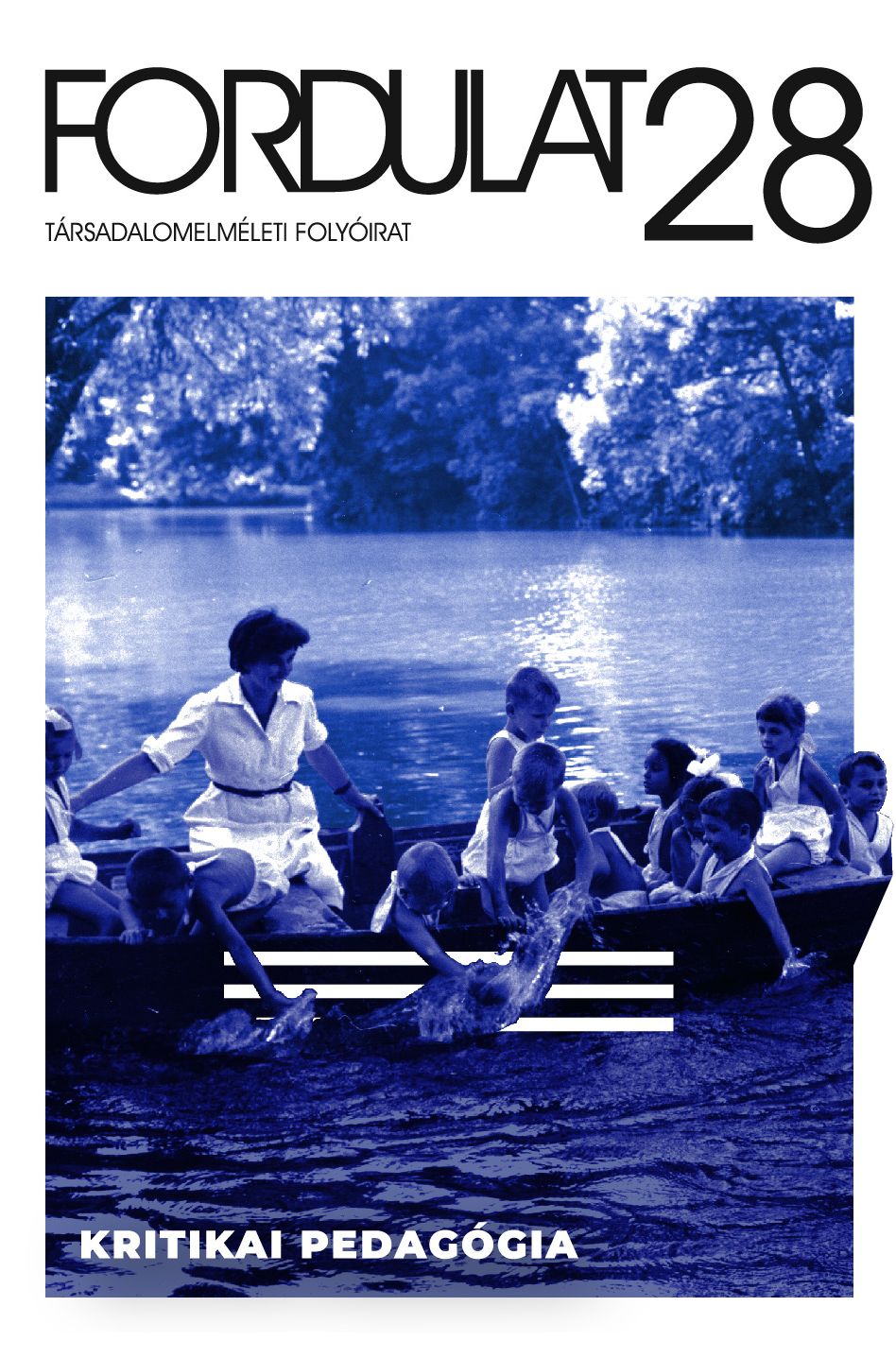
Kritikai pedagógiák – Megközelítések és viták
This article aims to present and analyse the various scientific approaches and debates of critical pedagogy. The paper offers a theoretical overview and analysis of the different trends; it also integrates the experiences gained in the International Conference on Critical Education. The term “critical pedagogy”; itself has become a term and label taken by very different approaches. Thus, it may be better to talk about critical pedagogies in the plural. In its historical and social context, the article attempts to present the critical pedagogy that has emerged primarily in the United States in the dialogue with postmodernism, as well as its criticisms, especially the Marxist- oriented authors, many of whom are not from the USA. In particular, the Critical Education Conference has become a significant forum for the latter actors over the last decade. From the related experience, a live community of practice seems to emerge. The history of this group and the debates of the different approaches carry lessons for the Hungarian context, too. The final chapter of the study raises questions related to this Hungarian reception of critical pedagogies. The article only undertakes an outline of the various trends without a more profound analysis or a detailed introduction to critical pedagogy(s). Its text presupposes knowledge of the main concepts of previous studies or critical pedagogy in general and a broader view of critical social sciences. Each author’s insights are briefly displayed, and the bibliography allows the interested reader to look into them more deeply.
More...
